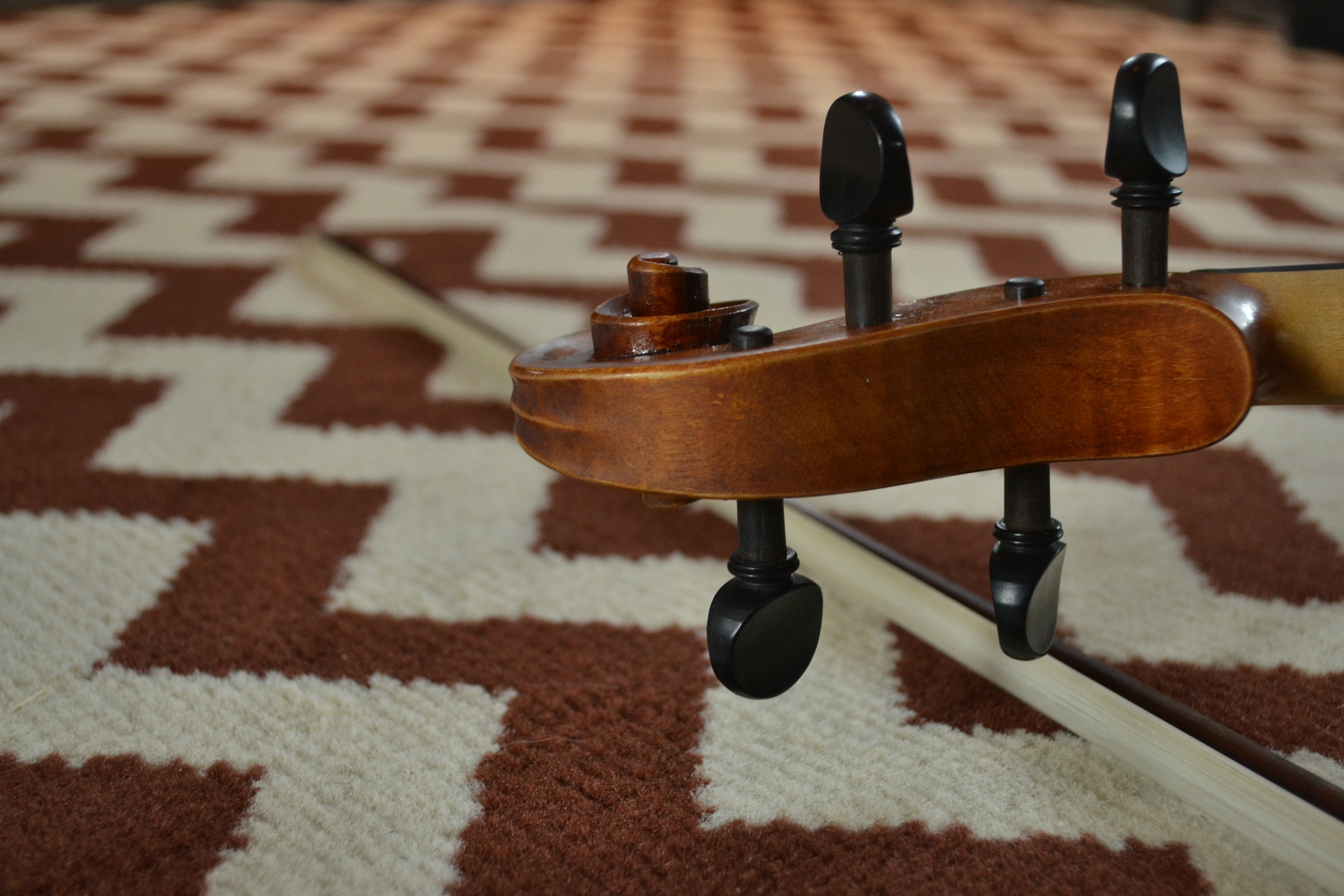Summer Festival (and general life) Survival Guide
Last month, I wrote up a brief informational sheet about self-care and overuse injuries for a summer festival. While most of you regular readers will be familiar with these concepts, I thought I'd give you the option to read the highlights of the article, and also have the pdf download. (huzzah!)
PDF to Download!
Did you know?
-Musicians often live with a certain amount of expected pain. Not to paint a depressing picture for you, but a 1998 Survey of Symphony and Opera musicians by ICSOM (International Conference of Symphony and Opera Musicians) revealed that 76% of musicians during the course of their career had at least one medical condition compromising performance. As musicians, we tend to underestimate the sheer mechanical repetition needed in order to perform in our jobs-many traditional symphonic works are thousands of measures long, requiring hundreds of notes per minute. (Remember this post on statistics?)
-Overuse is a blanket term for muscle, tendon, ligament, bone, and joint issues which are induced through repetitive motion beyond typical limits. Tendonitis is most common, which is an inflammation of the connective tissue that connects muscle to bone.
Prevention
-Move more! Exercising can't undo 6-8 hours of sitting, so add more movement to your day. Walk more often, take the stairs, carry things- don't take the easy route unless you need to. Your body molds itself like silly putty to the shapes that you put it in-choose wisely (and move diversely)!
- Do simple mobility and stretching every day. Stretching may not seem like the coolest thing to do at breaks or between rehearsals, but movement can make a big difference in maintaining healthy tissues. In addition, try to warm up before serious practicing or rehearsals to increase blood flow. Also keep in mind that when you can't control the amount of rehearsals you have in a given day, self-care should be a priority, not an add-on!
-Use your ischial tuberosities (your sitting bones!). This Katy Bowman video is my personal favorite for explaining how to sit better, as opposed to sitting on your sacrum. Poor alignment in sitting (especially if you rehearse more than 6 hours a day) can lead to many other musculoskeletal issues, including back pain and neck pain.
-Get a massage or try self-massage. If you have residual knots, adhesions, or tight spots in your upper back, consider a serious deep tissue massage, myofascial release, or rolfing session. Restriction in the trapezius and upper back can affect your whole upper body (shoulders, neck, forearms, etc.). A good session can restore normal range of motion and increase blood flow as well as remove adhesions in the soft tissue. Rolling on balls (YTU®, lacrosse, pinky) can also be incredibly helpful as well!
-Sleep more than 6 hours a night. Sleep is when your body takes on cellular repair, renewal, detoxing (!!), and provides rest for your vital internal organs. When you don't sleep enough, you’re hungrier, more vulnerable to illness, less focused, increasing your odds for injury and disease, and preventing your cells from repairing adequately, which is important when you're playing often. Sleep often gets sacrificed in the summer for revelry, which is great, until your forearm muscles feel like you've been doing crossfit "musician-style," and your body runs on a combination of all-day caffeine and nocturnal alcohol.
-Drink lots of water. Your body is 60% water, which is essential for cellular operation. If you're in hot, humid weather, you need to drink more, and if you're moving and exercising in the heat, even more. Keep in mind that soda, caffeine, and alcohol can contribute to dehydration, and that water helps in the cellular regeneration process.
dB Danger Zone chart!
-Protect your ears in ensembles. Sounds above 140 decibels cause immediate damage to your auditory sensory receptors, and normal conversational levels are 60-70 dB. Flutes and piccolo are between 111 to 145 dB, trumpets can reach up to 140dB, and a full orchestra can be between 120-150 dB. We all know that hearing loss can be permanent, so wear earplugs if you're in the line of fire and ask for a sound shield. I love the Etymotics brand, but even cheap foam ones can prevent damage. Your hearing is not only the basis of your musical career, but a primary mode of our verbal communication
Overall, pay attention to your body, your tissues, and your pain signals. Pain is your body's way of telling you that something is not working in your movement patterns, habits, or duration of activity. Shooting pains, numbness, and tingling are warnings of bigger potential issues, and you should stop playing immediately and see a medical professional if these are occurring. No festival rehearsal schedule is worth long-term tissue damage, nor is a competition, a recital, or any other concert engagement.


